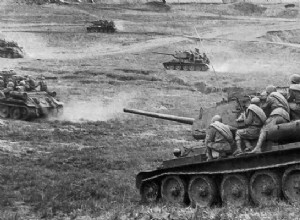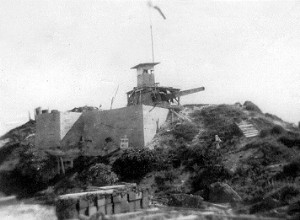Irina Levchenko, who acted as a nurse, initially, but also as a T-34 crew chief until the end of World War II, was one of the greatest heroines of the Red Army. Irina Levchenko was born on March 15, 1924. She was a student when the Germans invaded the Soviet Union in June 1941. She immediately en




